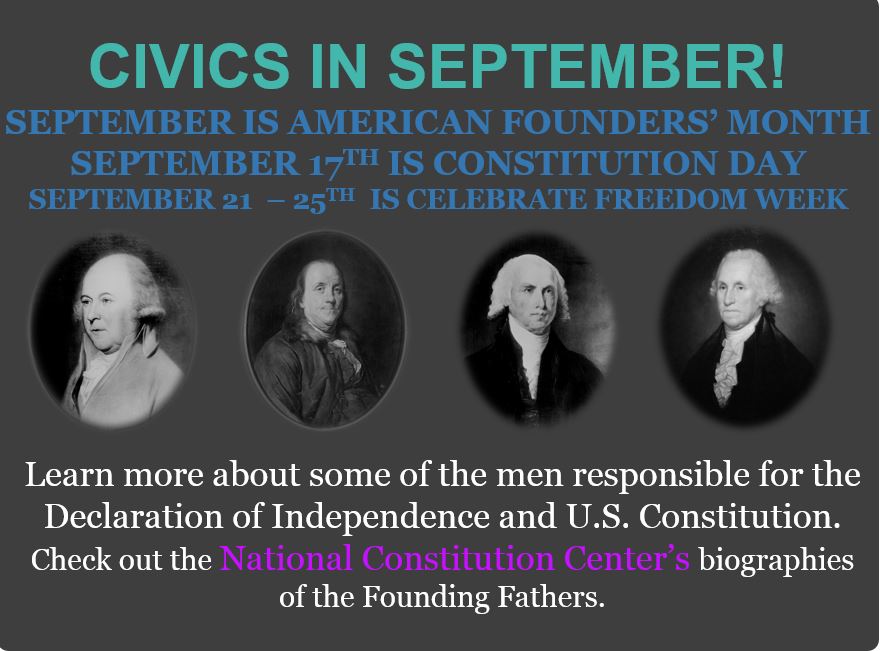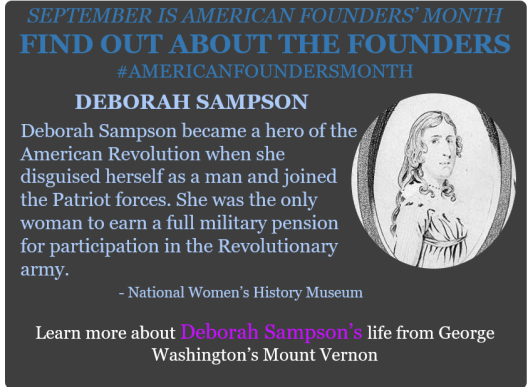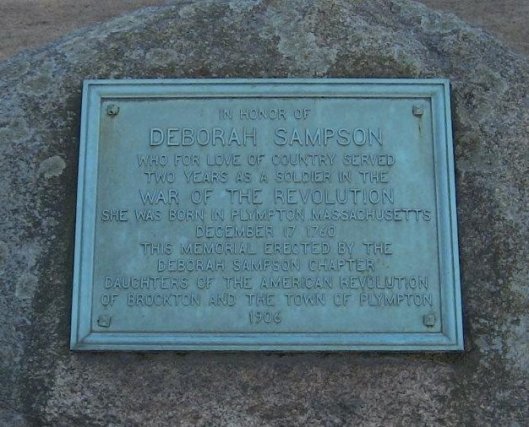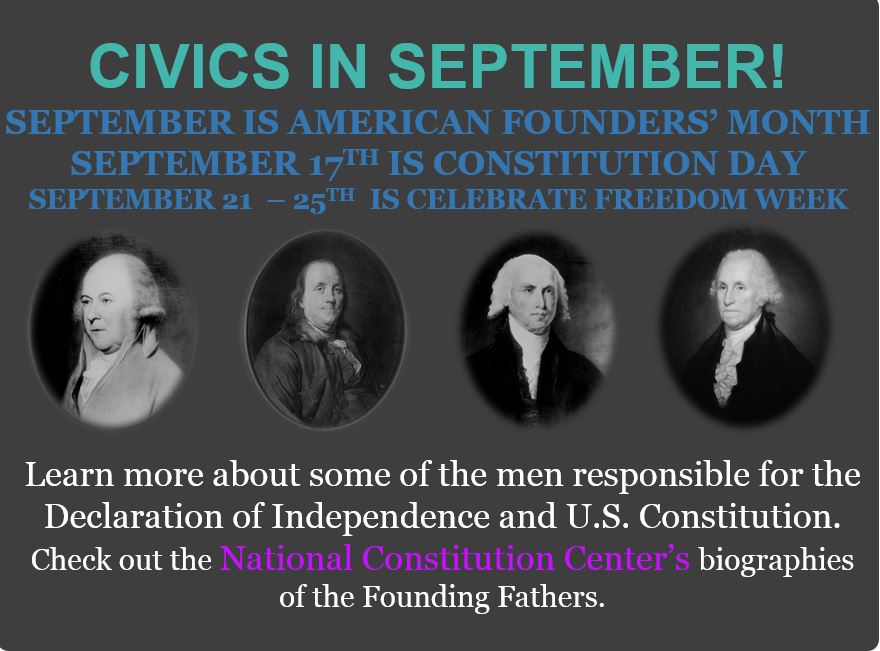
We have been doing posts on various Founders, and I thought it might be nice to feature a post written by a middle school student about someone important to the founding of this country. So today, I ask that you please read this post about a Founder by the name of James Armistead Lafayette, brought to us by a young lady named Hannah, in Marion County, Florida.

James Armistead Lafayette: The Forgotten Founder
As the British generals discussed their war plans, they had no idea of the traitor in their midst. After all, they believed him to be one of their own. Little did they know, that their spy, a slave, was a double agent for the colonists. There should be no reason for the officers to have been suspicious, in all likelihood the slave could not read or write. He spied on the colonies and gave good information. He took the crucial information learned in the British camp back to General Marquis de Lafayette himself. Those acts are an important reason why America prevailed in the Battle of Yorktown and won our independence. How could a man of such low status have gained the trust of General Lafayette? Why is the impact of such a vital character in the story of American independence often omitted? This American patriot, James Armistead Lafayette, was born into slavery and died a free man after his service in the Revolutionary War. Armistead Lafayette infiltrated the British forces as an American spy, provided information that helped America win the Battle of Yorktown, and went on to take Lafayette’s name when he gained his freedom. Based on these historical events, James Armistead Lafayette is the most important American founder.
James Armistead was employed by Lafayette as a spy because the general hoped to gain intelligence on British movements. Posing as a runaway slave, he was able to infiltrate the British forces. The double agent’s espionage resulted in the possession of the locations of British troops, arms and battle strategies by British Generals Benedict Arnold and Cornwallis. The information he gathered would prove to be essential to the Founders’ victory at the Battle of Yorktown.
Leading up to the battle, Armistead obtained indispensable knowledge of British preparations. In his time as a British agent, Armistead helped guide British troops through local roads. While In camps, officers would openly speak about war strategies, which he then documented and turned over to other American spies. Armistead had gained the trust of both the American and British war camps and could pass freely between the two. In his reports back and forth, Armistead with the help of General Washington and General Lafayette, was able to prevent the British from sending 10,000 reinforcements to Yorktown. Because of this the British military was crippled and eventually surrendered to the colonies on October 19, 1781, resulting in the birth of our nation.
After Armistead Lafayette helped America win her independence, he went on to gain his freedom and take Lafayette’s name. Unfortunately, following the American victory, James Armistead was returned to slavery because a law freeing slaves who fought in the war did not apply to him. However, he petitioned the Virginia Assembly to obtain his freedom. His petition was supported by his owner and a letter from Marquis de Lafayette saying, “He properly acquitted himself with some important commissions I gave him and appears to me entitled to every reward his situation can admit of.” This provides sufficient evidence that while in Lafayette’s service, Armistead deserved not only his freedom but every right that could be offered to him. The words alone are empowering, but considering that the man behind them is a general makes them all the more credible. After James gained his freedom, he took the name of the man who advocated for him when nobody else would. There is an engraving from the 1780s on display in the Jamestown-Yorktown Foundation Museum of Marquis de Lafayette standing next to a man believed to be James Armistead Lafayette. The fact that Armistead, a slave, is depicted in the foreground with General Lafayette is so incredible due to the fact that artists rarely produced works with enslaved persons in the foreground of a picture, much less with a well esteemed general. This gives further support for the status, contributions, and importance of James Armistead Lafayette.
After all of the information has been reviewed the question as to why James Armistead Lafayette is forgotten from the narrative of American history looms even larger. In the face of slavery and oppression, James Armistead Lafayette went on to help America gain their freedom in the face of tyranny and in turn, gained his own. In his life, James Armistead Lafayette infiltrated the British forces as an American spy, provided information that helped win the Battle of Yorktown, and went on to take Lafayette’s name when he gained his freedom to become the most important American founder.
Thanks so much, Hannah, for sharing this with us, and for teaching us about someone who deserves more attention for his contribution to American freedom. You can learn more about James Armistead Lafayette here.

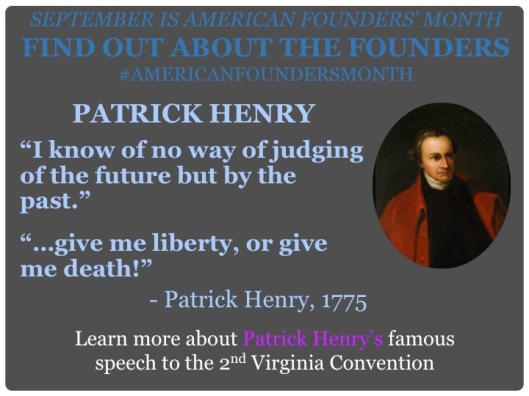




 Voting Rights
Voting Rights

